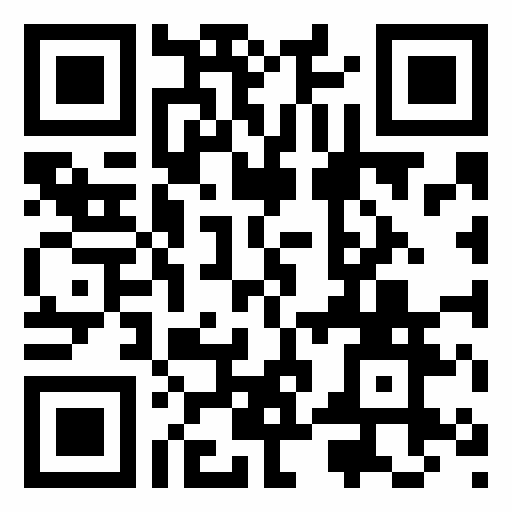Introduction: Different factors affect the self-management of diabetes whose role and effect is still unknown. The present study aims to investigate the predictive role Demographic variables have been implemented in diabetes management in adolescents with type 1 diabetes. Methods: In this cross-sectional study, 200 adolescents with type 1 diabetes who referred to the Iranian Diabetes Association were admitted to the study in 2016. The inclusion criteria were: age range from 15 to 21 years, diagnosis of diabetes for more than a year, complete knowledge of the patient regarding his disease, not having other physical-psychological illnesses and not taking psychiatric or narcotic drugs. To measure self-management of diabetes, the SMOD-A questionnaire was used. Data were analyzed using SPSS software version 18. Results:112 of the participants were female, the mean age of the samples was 17.10 ± 1.85 and the mean duration of diabetes was 5.98 ±3.79, 62.5% reported diabetes history among immediate relatives. 42% were the first children of the family and 29.5% were studying at the university. The mean diabetes self-management score was 86.15±15.18. The multivariate linear regression test of the stepwise method showed that only the age of the variables studied was that it could predict the amount of changes in self-management diabetes score of 4.9%. And affect it to the extent (Beta= -0.221). Conclusion: The results of this study showed that the adoption of diabetes self-management behaviors is inversely related to the age of the patients. Generally speaking, younger people with diabetes are a strong predictor of diabetes control.
